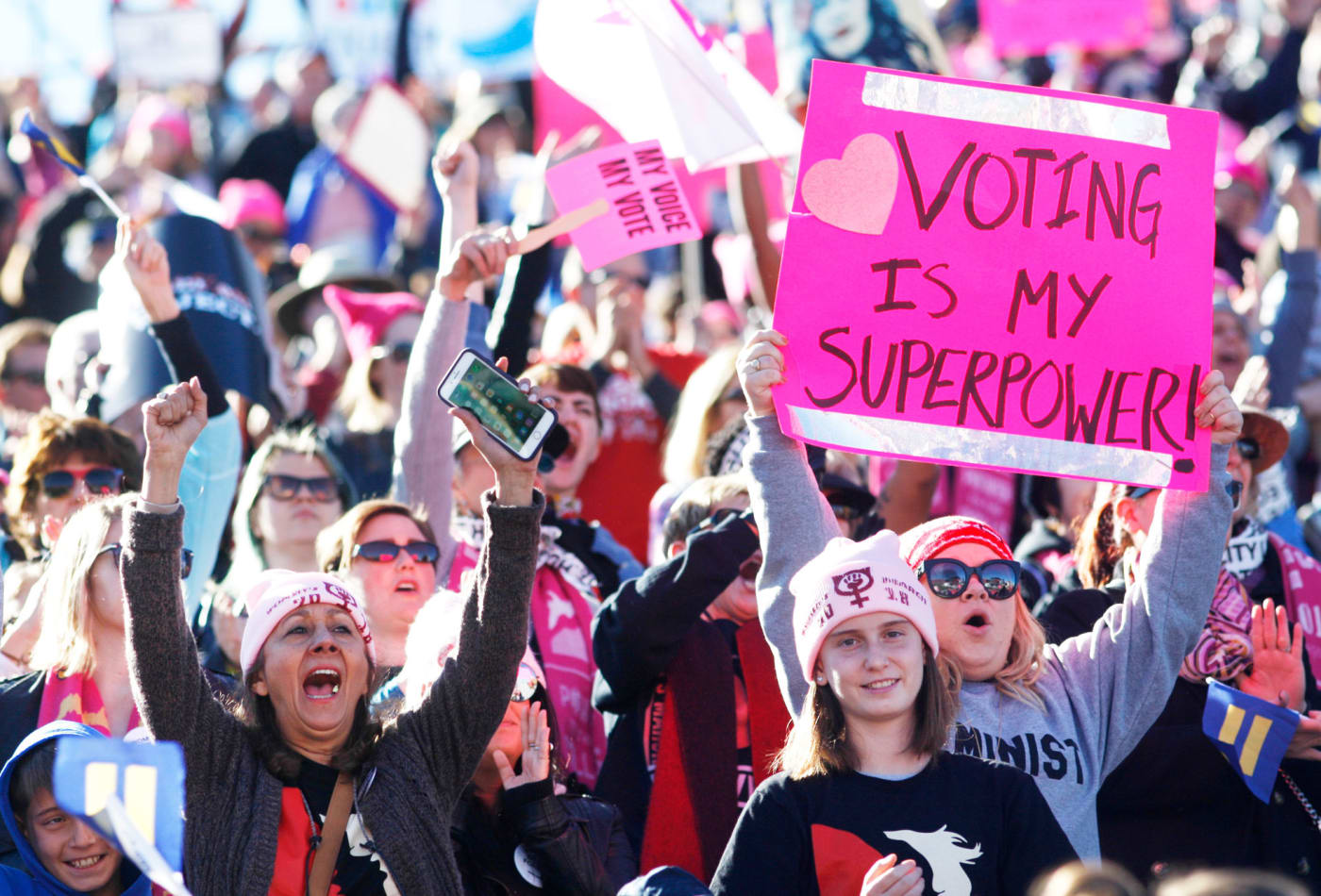
AL DÍA celebrates Women’s Equality Day
A young woman walks into the ballot box for the first time. She is about to vote for her future president and is filled with excitement. This is all in part to the women who paved the way for future women to vote. They helped to enact the 19th amendment, which gave women the right to vote, specifically white women.
The Voting Rights Act of 1965 gave most women of color their long-waited right to vote, which enforced voting rights based on the 14th and 15th Amendments, which prohibited states from banning people from voting on “the basis of race, color or previous condition of servitude.” This meant for the first time, English-speaking Latinos had the right to vote.
In 1973, Congress declared August 26th as Women’s Equality Day, an idea first introduced by one of the first Jewish Congresswomen, Bella Abzug.
However, some Latinas had to wait until 1975, when President Ford amended the act so that registration materials could be translated into other languages. This was also important for other women of color, such as Asian Americans who did not speak English.
Since 1920, the United States and Pennsylvania have made many strides for women in politics and ensuring that they have the right to vote. However, for Latinas, Pennsylvania still has a long way to go, as no Latino Congressmember has ever been elected.
CONTENIDO RELACIONADO
With that said, now, almost 100 years later, women represent more positions in Pennsylvania politics than they ever have. Last year, for the first time in the past election cycle, more female Congresswomen were elected than ever before. There are now four PA Congresswomen; before last year, there were zero. They are among the record high-- 90 women--who were elected last year to Congress.
While Latinas have not has as much representation in politics in Pennsylvania, as other states such as California or New York, they have made strides in government positions.
Here are three Latinas making important contributions in Pennsylvania either in politics or public service.
She is the councilwoman for District 7 here in Philadelphia and has served on the city council since 2007 and was the first Latina elected to a district seat. In her time as a councilwoman, she has advocated for protecting the rights of women, families, and workers across the city. She has also fought for the economy and supported public education. She currently serves on the Board of Directors of the Pennsylvania Women’s Campaign Fund, a committee that is dedicated to electing progressive women in the state. Most recently, she has helped lead the fight for Domestic Workers Rights and is the prime legislative sponsor for a city council bill.
A native of Venezuela, in 2013, she was the first immigrant to be elected as a councilwoman for Harrisburg County. She has been a fierce advocate for immigrants, serving as an immigration lawyer as well as representing low-income individuals, women, and individuals with disabilities. Earlier in June of this year, she spoke out against President Trump’s rhetoric surrounding immigrants, because it causes immigrants to “divest” in their community.
The second lady of Pennsylvania, a former undocumented immigrant from Brazil, is the wife of Pennsylvania Lt. Gov. John Fetterman. She founded the Free Store in 2012 which donates clothing and household items to those in need. With the Free Store and her other non-profit 412 Food Rescue, she has helped salvage 5 million pounds of food. Additionally, she has been an advocate for both undocumented and documented immigrants reminding them that they belong just as much as other Americans.




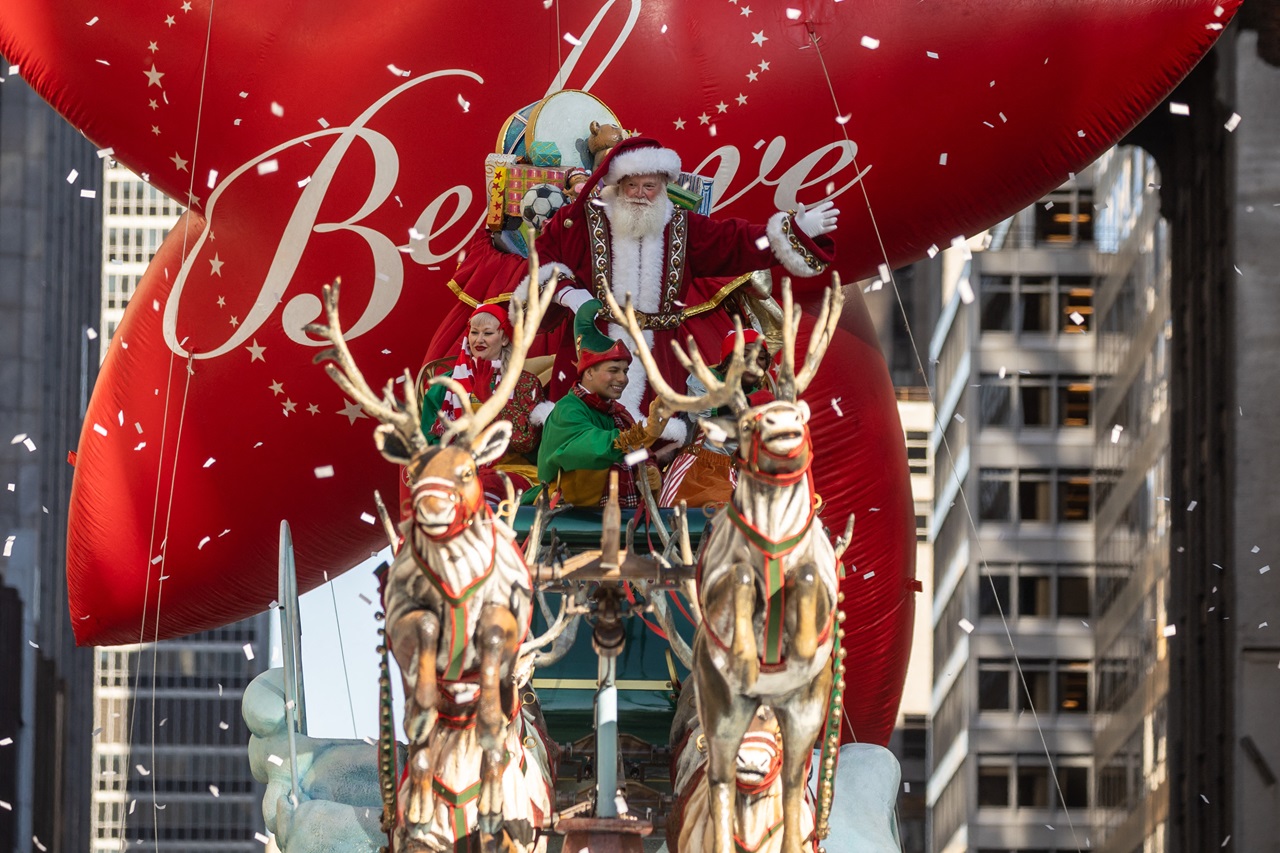
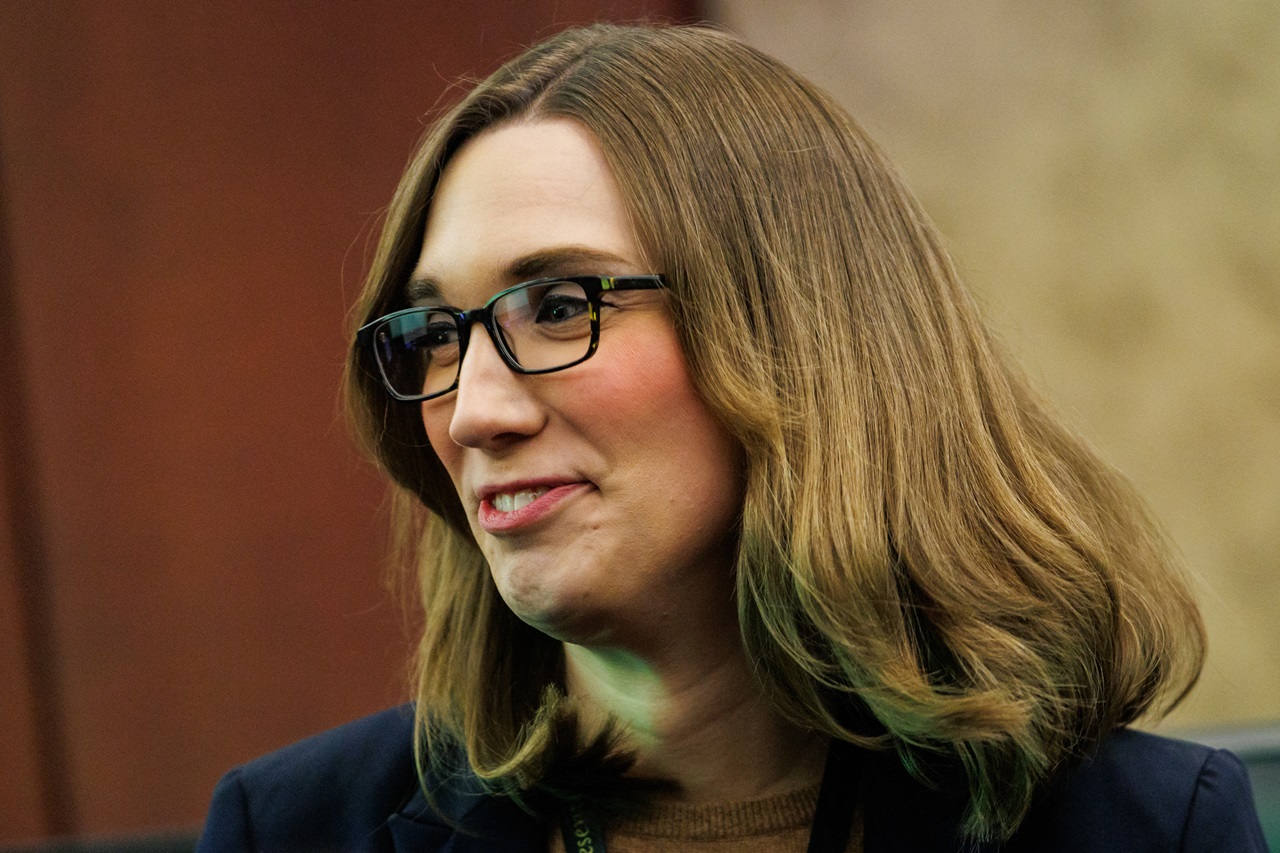
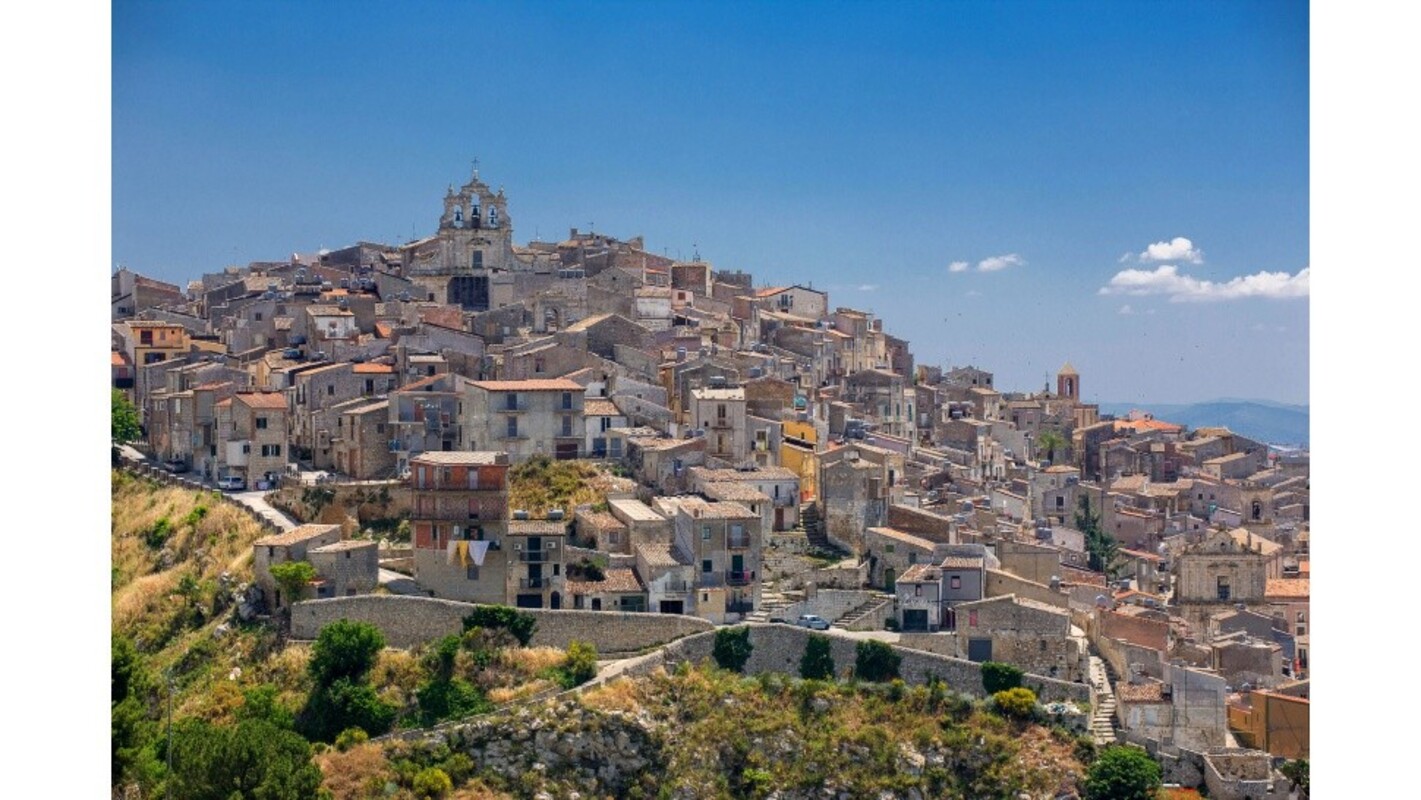

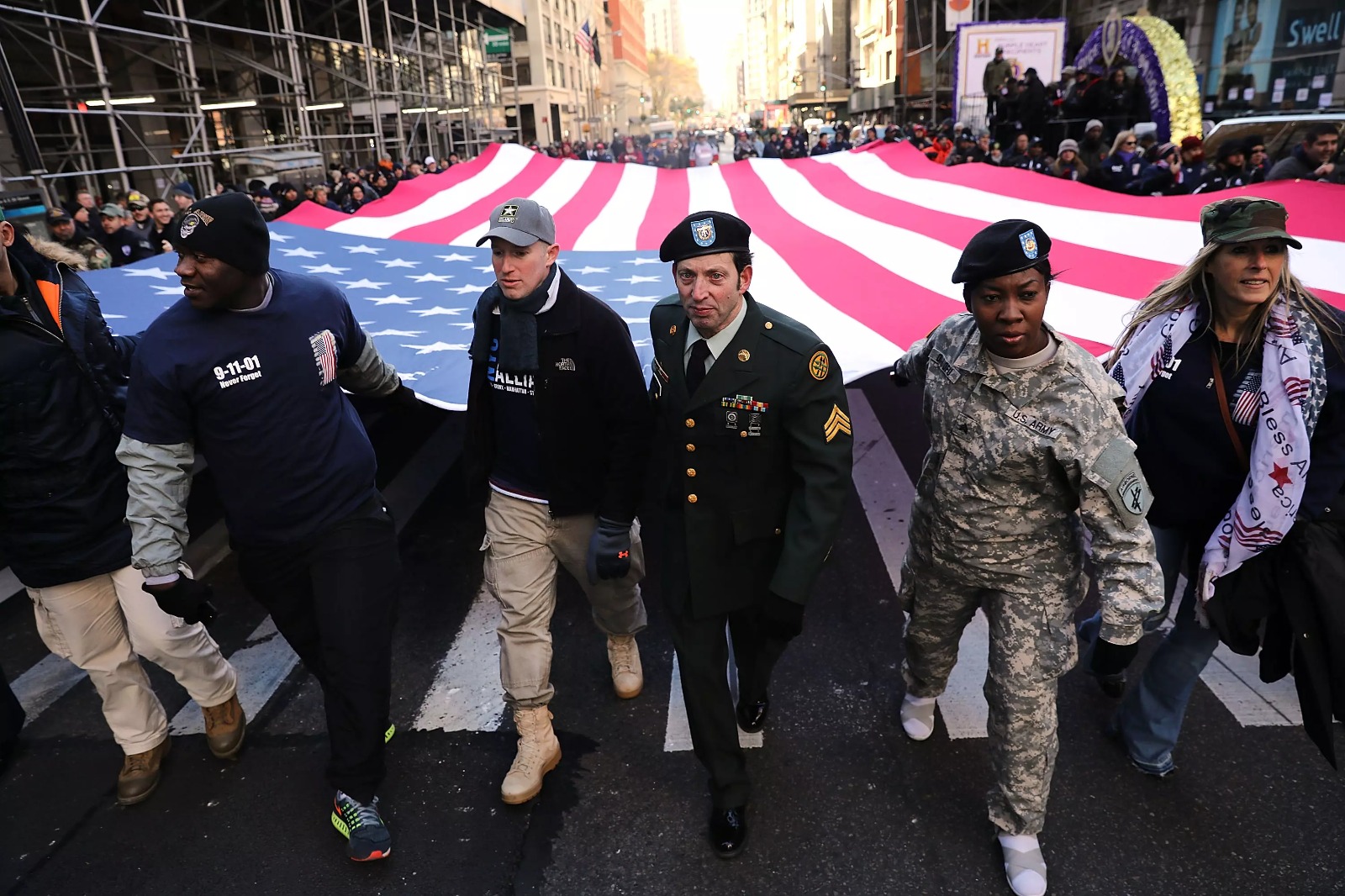
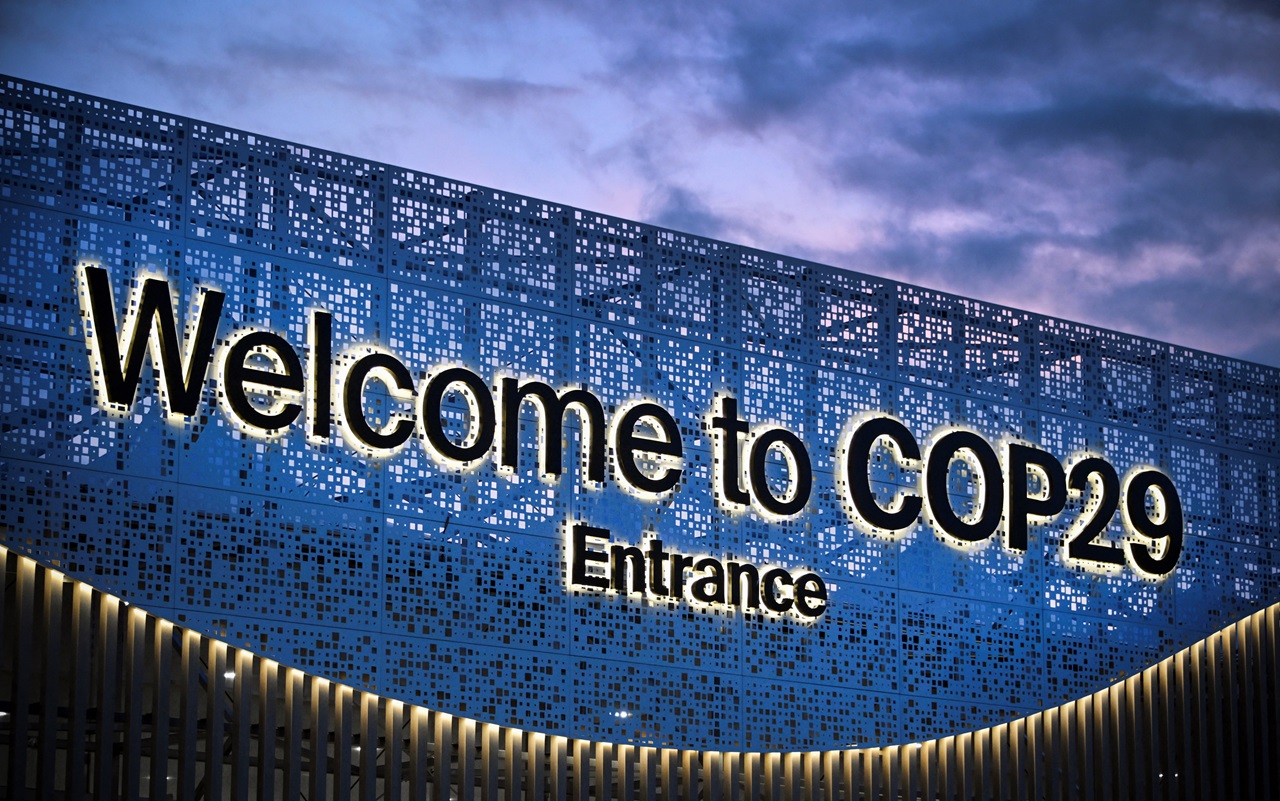
DEJE UN COMENTARIO:
¡Únete a la discusión! Deja un comentario.